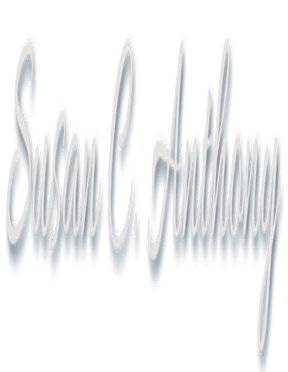A Few Things We Learned, the Hard Way and Otherwise
Cold drinks in hot weather. We flew across the United States in the Cessna in the heat of summer, with no air conditioning in the plane. You can't even open windows to cool things off in an airplane! It was tolerable when we had cold drinks—water or juice frozen in one-gallon plastic jugs and drunk as they melted. In the shade, liquids frozen like this would stay cool for up to eight hours.
Visa photos need not be official passport photos. We hung a sheet in the back yard, put the camera on a tripod, and took a roll of 24 shots of each of us. We had double prints made, so ended up with 48 photos we cut to passport size. The face must be about one inch from top to bottom and show features clearly. These worked great and cost only about 12% of what we'd have paid for passport photos. With digital photos nowadays (there were no digital cameras then) it would be even easier.
American Express cashed checks for up to $5000 overseas with a Gold Card (less with a Green Card). Money is issued in traveler's checks or foreign currency, not dollars cash. This made it possible for us to access Dennis' retirement income, even from Africa.
Traveler's checks were issued to us free of charge by our credit union in Anchorage. After the 1987 stock market crash, we switched all money to British pounds, and found out that American Express offices will change traveler's checks from one currency to another without charge for the new checks, and at a better rate then for cash.
American passport supplements with 24 pages are available free of charge at American consulates. They are neatly taped in to look like part of the original.
Medications, particularly malaria medications, are amazingly inexpensive in most parts of Africa and require no prescription. We bought 24 tablets of chloroquine, 250 mg., for only 10 Kenyan shillings (less than $.60). Doctors were also cheap by American standards: $10.00 for an office call and about $10.00 more for three lab tests in Zaire. You had to pay a little extra for them to use a new needle, or bring your own needle (highly recommended). The doctors and nurses seemed quite professional.
Visa forms, charges and requirements vary widely from consulate to consulate. There were no rules that couldn't be bent and seemingly nothing that could change the mind of an obstinate official. We paid more than $50 each for a couple of the African visas. We tried for an Algerian visa in Brussels, and despite a formal letter from the U.S. Consulate there ($6.00 charge for that), were told we would have to go back to Washington, D.C. to get the visas! A sympathetic secretary got us our Niger visas overnight, and several consulates in Africa got them ready in an afternoon. We were never asked for proof of financial solvency or letters from our employers, despite published rules and regulations requiring it.
International phone calls were not as expensive as we expected if we kept the calls under two minutes (long enough to communicate that all is well and hear the same good news from home). In Germany and England, we could dial direct on a pay phone, but it took a lot of coin-stuffing and the phones were frequently out of order. In Africa, we could make calls from the Post Office by writing the phone number on a slip of paper and paying a deposit. An operator would place the call and when it went through, direct us to a phone booth. The connections were generally pretty good, but waits could be up to an hour or even more.
Poste Restante (General Delivery) worked pretty well, although in some places our letters had been returned or we had to pay to get them. Since English may look like Chinese to foreign postal workers, correct addressing helps. These days, you can probably find at least one Internet cafe in any major city in the world. Can you believe we hadn't even heard the word Internet in 1988?
ANTHONY, S.
Poste Restante,
Nairobi, Kenya
Go on to Canoeing the Boundary Waters
Source: www.SusanCAnthony.com, ©Susan C. Anthony
